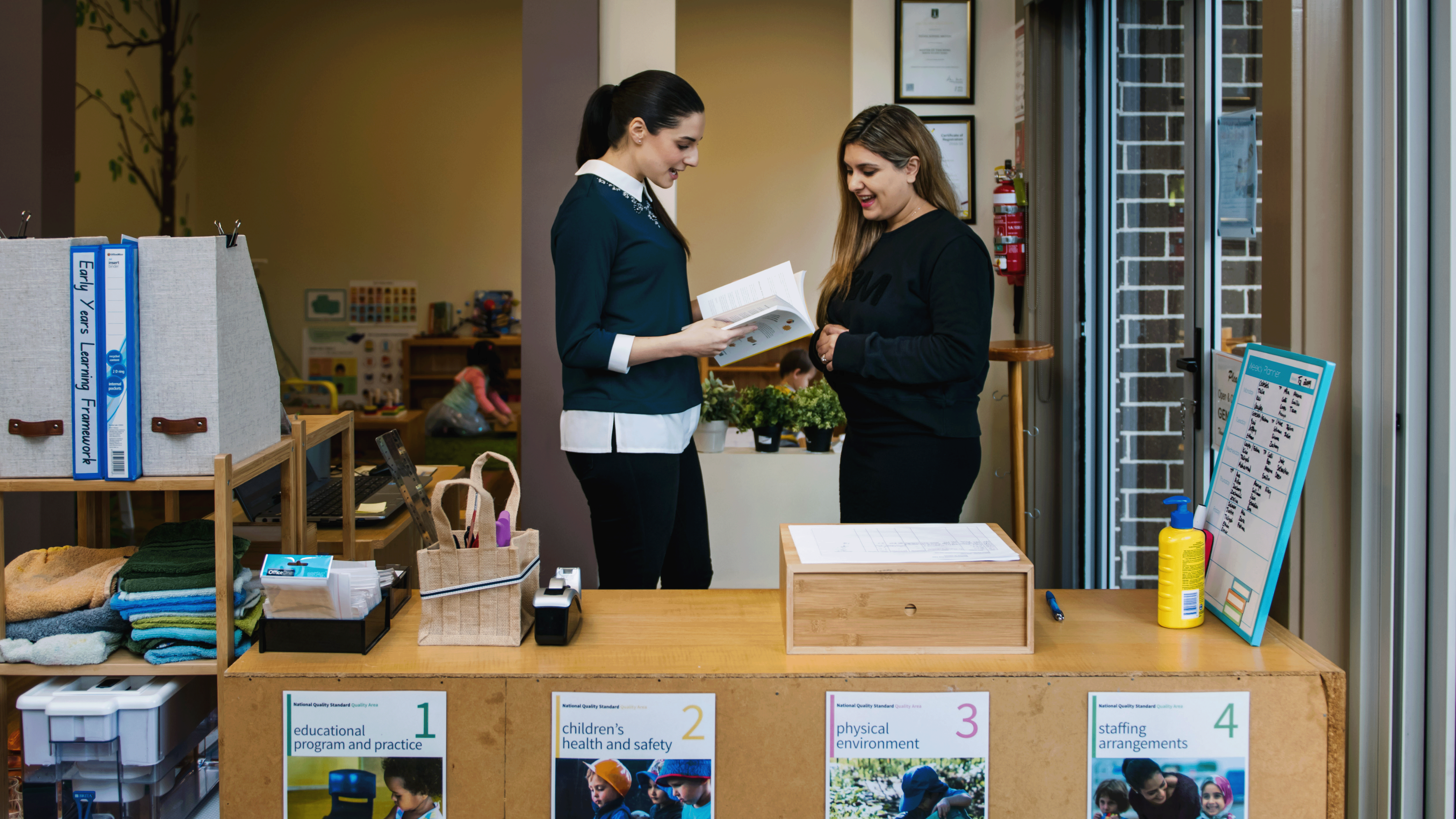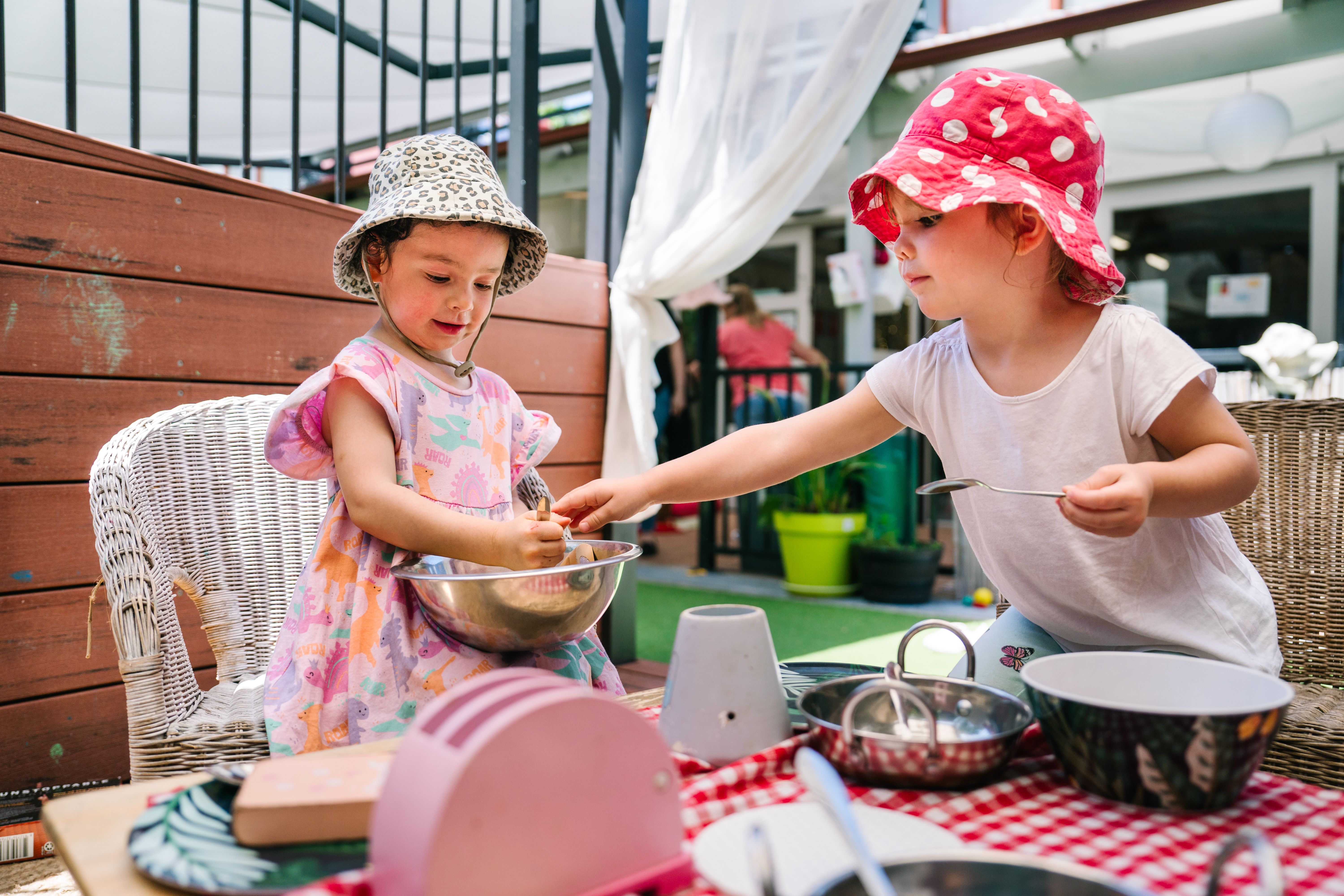If you have a topic in mind, use the search below to quickly find all our related information and articles.
Attending a service

The assessment and rating process
This article is a brief guide to the assessment and rating process for approved early childhood education and care services across Australia.
Last updated: March 26, 24
Building strong links between home and education and care services
Last updated: July 4, 25
National Quality Framework (NQF) child safety guides
Last updated: June 16, 25
Choosing between family day care and long day care
Last updated: May 28, 25
Your child's development

Play based learning supports your child’s development
Learning through play is one of the most important ways children learn and develop. Children’s success as learners depends on developing strong foundations from infancy, and play based learning supports this.
Last updated: February 16, 24
Sun protection at home
Last updated: November 18, 24
Tips on raising a multilingual child
Last updated: September 4, 24
Reading with toddlers
Last updated: September 4, 24